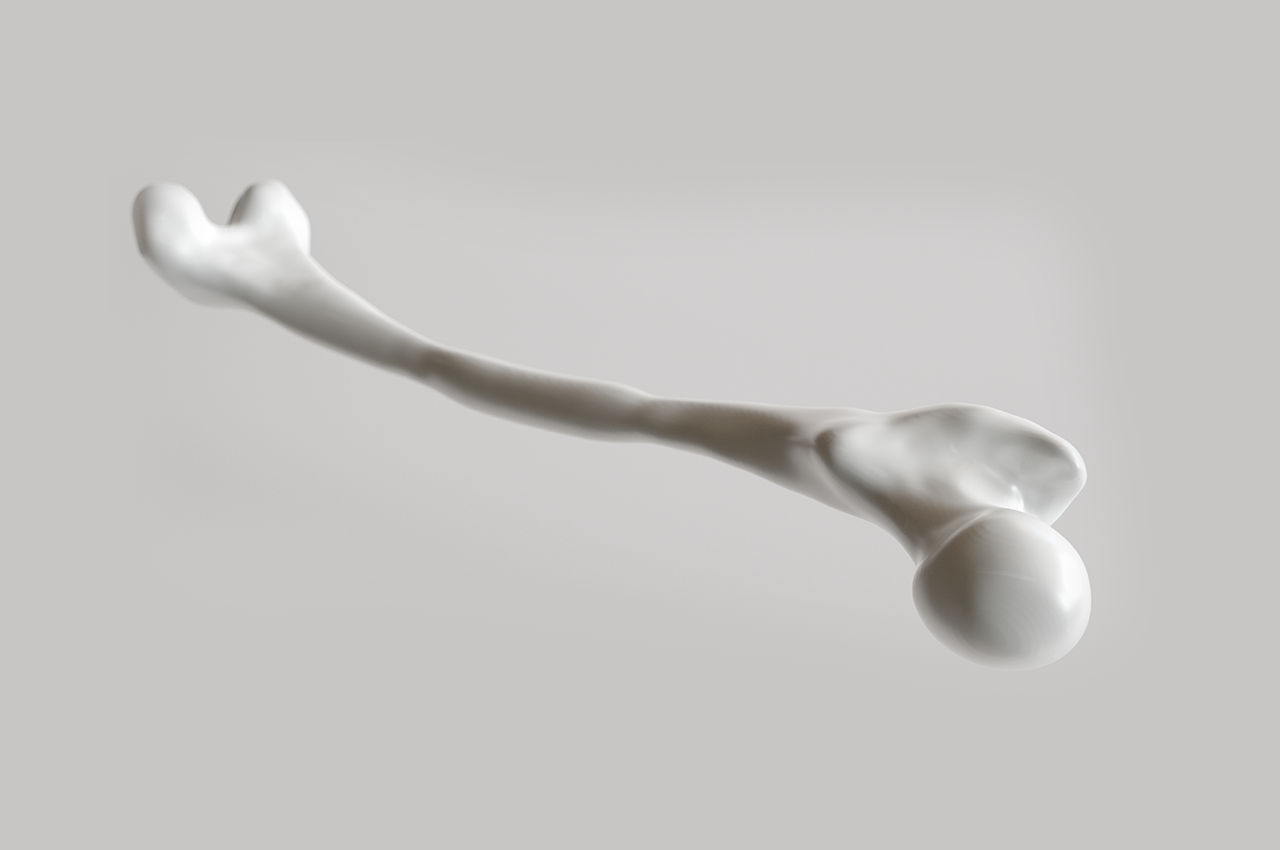Bones also protect your body’s organs and support your entire weight. For example, the bones that make up the skull protects your brain and shapes your face.
Because of these important duties, building and maintaining healthy bones is important. Bones usually stop growing when you reach the age of 30. So, you should try to strengthen them before that time comes. And when you’re older than 30, it’s important to take care of your bones so you won’t lose bone mass or develop bone-related conditions.
Here a few ways to keep your bones healthy and strong.
Up your Vitamin D and calcium
Two of the best weapons against losing bone mass are calcium and Vitamin D. Vitamin D helps your body absorb calcium and assists with bone growth, while calcium gives your bones strength and structure. Getting enough of both will help you as you age and could decrease the risk of bone-relate diseases and fractures.
Sunlight is the best way to get your dose of Vitamin D. Take a stroll around midday for 10-30 minutes each day, but don’t forget to wear sunscreen with an SPF of at least 30. Talk to your doctor about a Vitamin D and calcium supplement. He will recommend the right dose. You can also get your boost from foods. For calcium, eat leafy greens, dairy products like milk and cheese, tofu, nuts and sardines. For Vitamin D, eat plenty of salmon, tuna, egg yolks, mushrooms and sardines.
Eat more veggies
Here’s another reason to fill your plate with vegetables: they help your bones to grow. Why? Well, vegetables are one of the best sources of vitamins and minerals, particularly Vitamin C. Research shows that this vitamin helps with the production of bone-forming cells. What’s more; Vitamin C could also protect your bone cells from being damaged and help repair them. Get your fix of Vitamin C with veggies like green pepper, broccoli, tomato and leafy greens.
Exercise smart
To maintain and build strong bones, strength training exercises are your best bet. Strength training includes exercises that you do on your feet. These exercises force your bones and muscles to work together against gravity to keep you up. Over time, this hard work helps your bones grow stronger and muscle mass increases too. There are low- and high-impact strength exercises. High-impact ones include climbing stairs, hiking, jogging, jumping rope, jogging, brisk walking and dancing. Talk to your doctor before choosing a certain kind of strength training. If you’re starting out, slowly increase your time from a few minutes to 30 minutes per day.
Get enough calories
Besides slowing down your metabolism, eating too little can also harm your bone health. Studies have shown that diets where you have less than 1000 calories per day could lead to lower bone density (amount of bone mineral in bone tissues). To build and maintain the health of your bones, eat a bone-heathy diet of at least 1200 calories per day. Include plenty of vegetables and protein-rich foods like leans meats, soy, nuts and dairy products.
Be prepared
Stay on top of your bone health by talking to your doctor regularly. He can tell you if you’re at risk for certain bone-related diseases. Some health problems and even medication can affect your bone health so it’s important to keep your doctor clued up about your general health. If you are at risk for a condition, he can help you make certain lifestyle changes to slow down or even prevent your bones from developing them.
References:
- https://kidshealth.org/en/parents/bones-muscles-joints.html
- https://www.medicalnewstoday.com/articles/248002.php
- https://www.healthline.com/nutrition/9-foods-high-in-vitamin-d#section1
- https://www.webmd.com/osteoporosis/guide/osteoporosis-exercise#1
- https://www.health.harvard.edu/staying-healthy/strength-training-builds-more-than-muscles
- https://www.health.harvard.edu/womens-health/5-ways-to-boost-bone-strength-early
- https://www.health.com/health/gallery/0,,20365458,00.html

